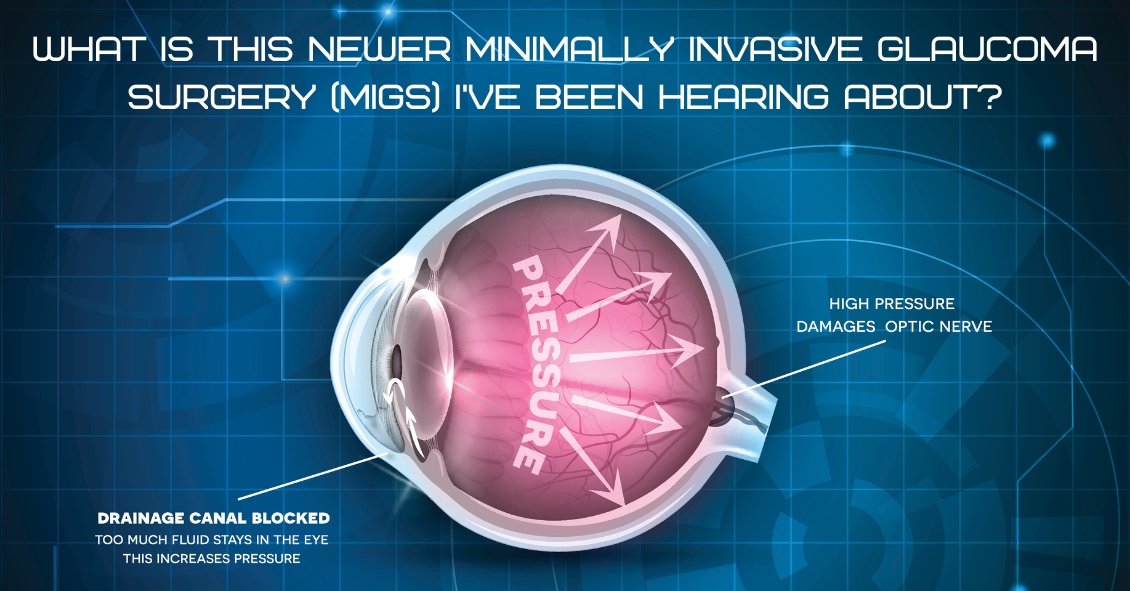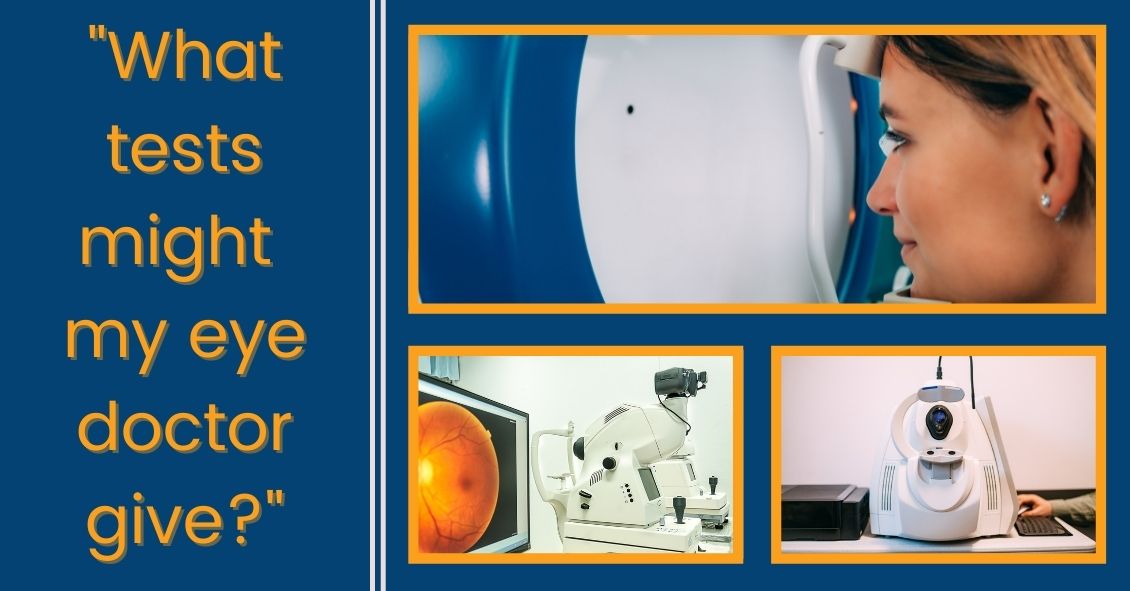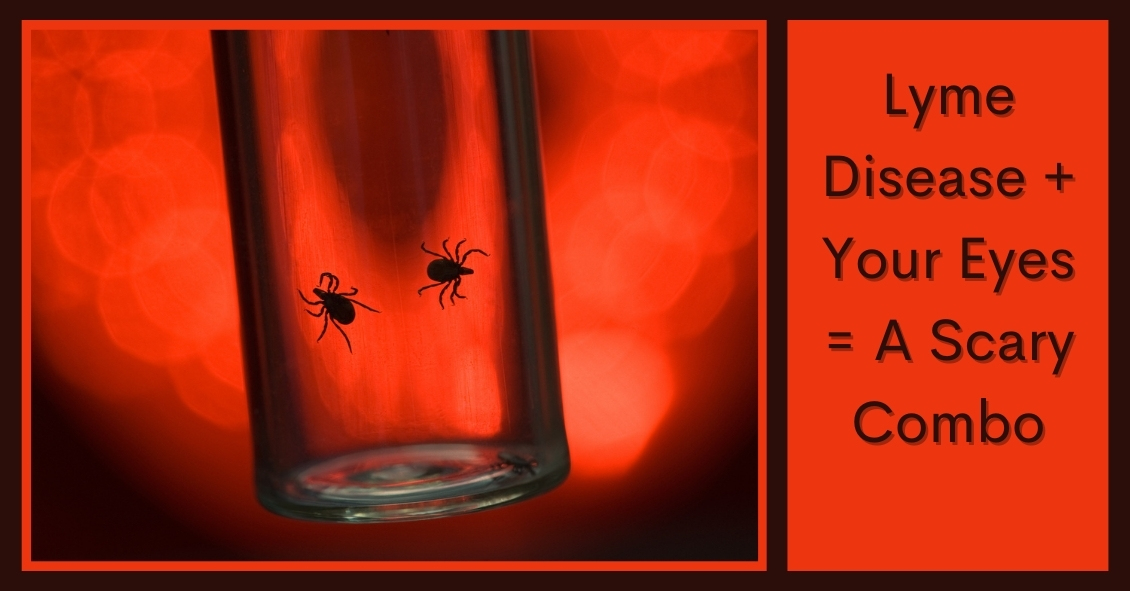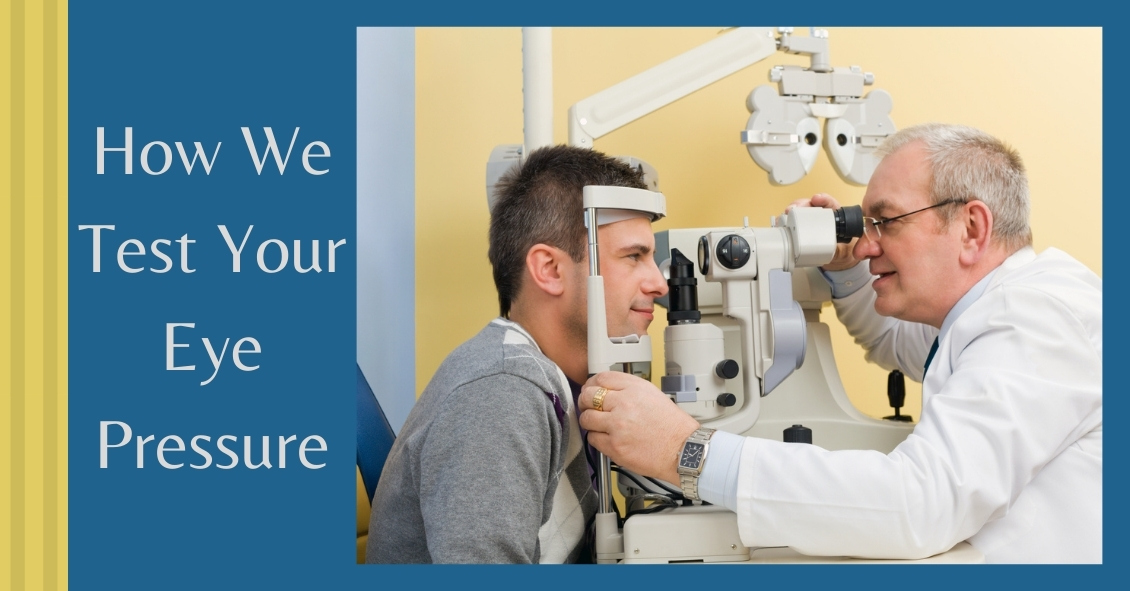Patient Education
Frame Gallery
- Details
- Written by Harbor View Eye Care Team

Transition lenses in eyeglasses have been around for many years now. The mechanics behind transition lenses is that certain chemicals in the lens interact with UV light from the sun and turn the lenses dark when you go outside and back to clear...
- Details
- Written by Harbor View Eye Care Team

For over 40 years the standard surgical treatment for glaucoma was a procedure called a trabeculectomy.
In a trabeculectomy, the ophthalmic surgeon would make a hole in the wall of eye to allow fluid from the inside of the eye to flow out of...
- Details
- Written by Harbor View Eye Care Team

If it's been a while since your last eye exam--or if you've never had one done--it's always nice to know what testing you might have done and what issues the eye doctor looks for. Here's the scoop on some common testing...
Visual Field
The...
- Details
- Written by Harbor View Eye Care Team

Lyme disease is an infection that is caused by a spirochete (a type of microorganism) called Borrelia burgdorferi, and more rarely by Borrelia mayonii. It is transmitted to humans by the bite of a deer tick.
The disease has a strong...
- Details
- Written by Harbor View Eye Care Team

A common question asked during the eye exam is, “When is the puff coming?”
Patients are referring to air-puff or non-contact tonometry. Tonometry is the procedure used to measure eye pressure, and this is important for diagnosing and...















